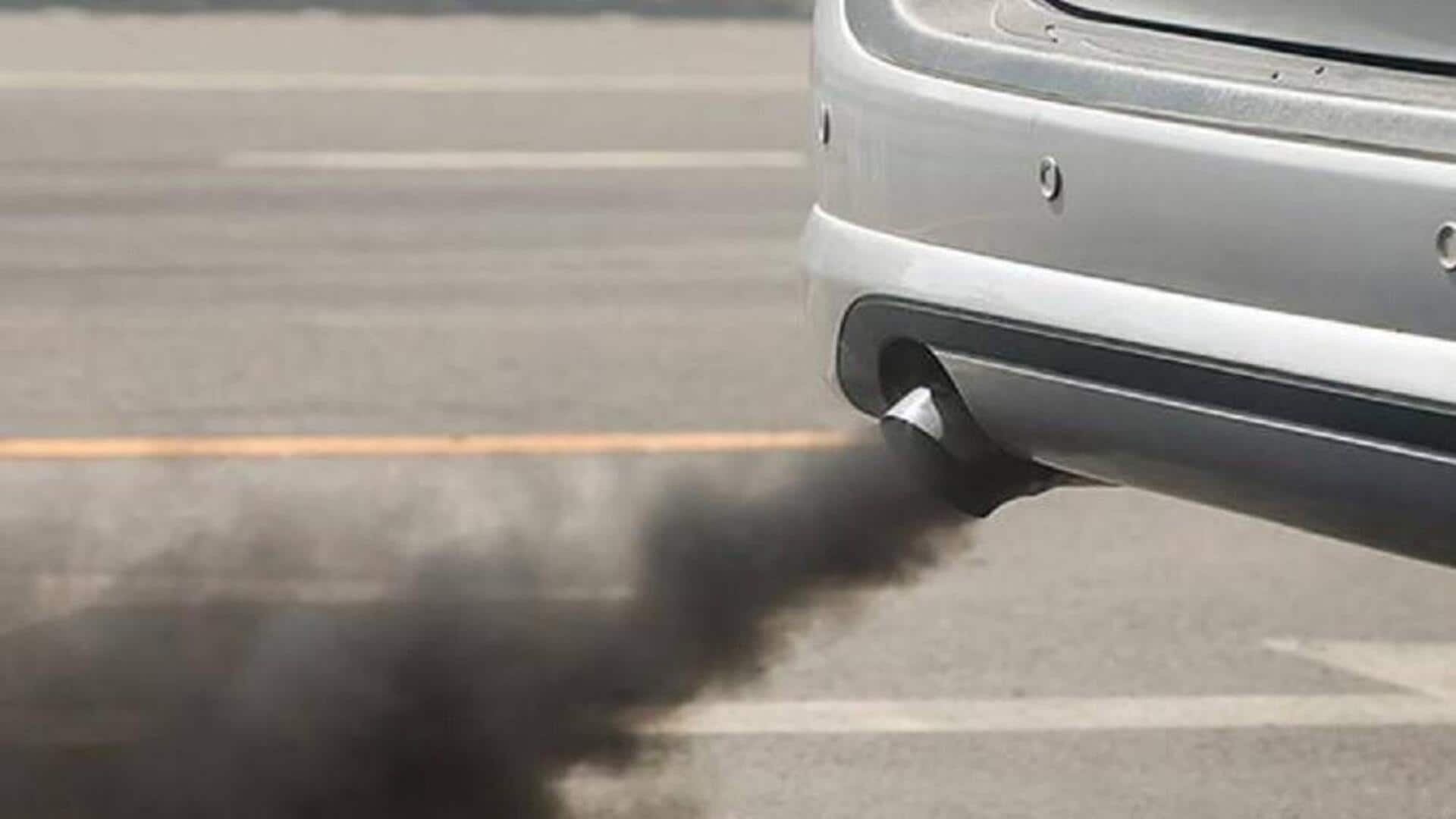
CAFE 3: Small cars get relief under new emission norms
What's the story
The Bureau of Energy Efficiency (BEE) has proposed a draft rule that would provide some relief to manufacturers of small cars. The proposal, which is part of the Corporate Average Fuel Efficiency (CAFE 3) regulations, gives an advantage of 3g in carbon dioxide (CO2) emissions calculations for cars shorter than four meters and weighing less than 909kg. The benefit is capped at 9g per kilometer over the five-year period of these new norms.
Regulatory impact
Understanding cafe norms
CAFE norms are designed to improve fuel efficiency across entire fleets, not just individual models. By capping a manufacturer's sales-weighted average CO2 emissions, these regulations encourage the production and sale of more fuel-efficient cars, including electric and hybrid vehicles. This is done to offset emissions from larger, less efficient models. The latest proposal is a major relief for small carmakers like Maruti Suzuki, who have been lobbying for their small cars in an SUV-dominated market.
Market shift
Shift toward small cars likely
The CAFE-3 relief, along with GST reform, could drive automakers toward small car models. Sharif Qamar from the Energy and Resources Institute (TERI) said carmakers will likely take advantage of these eased norms by launching more products. He also suggested that electric vehicle models may see an increase in supply. However, he cautioned that since market demand has shifted toward bigger vehicles, manufacturers might have to ramp up electric vehicle production to meet emission regulations.
Industry response
Key differences in proposals
The latest BEE proposal is different from its earlier one in June 2024, which had capped CO2 emissions at 91.7g/km for an automaker's entire fleet. The new draft doesn't mention a cap but asks automakers to assess CO2 emissions through testing agencies. It also mandates manufacturers to gradually reduce their fuel consumption per 100km every year from 2027 to 2032.